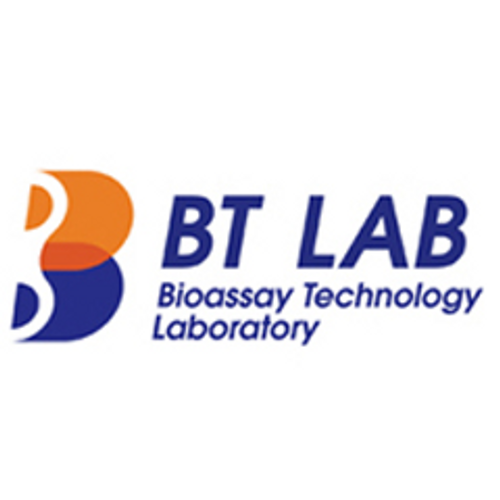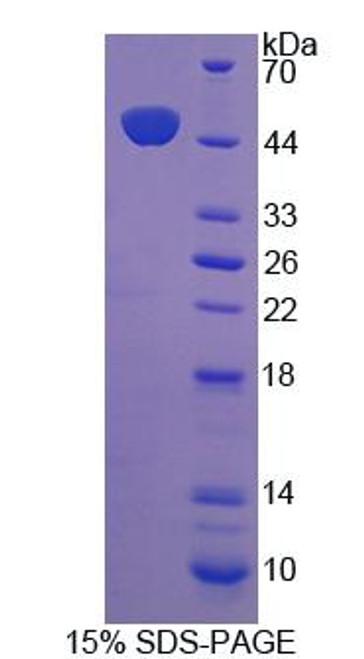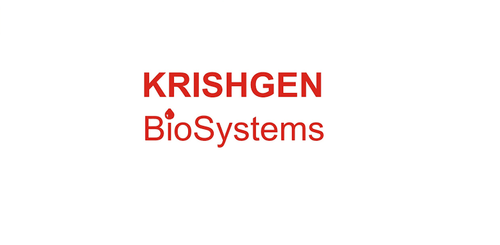Product Description
Human Tyrosine-protein phosphatase non-receptor type 14 (PTPN14) ELISA Kit | AE25112HU | Abebio
Species Reactivity: Human (Homo sapiens)
Abbreviation: PTPN14
Alternative Name: RP11-176D17.1; MGC126803; PEZ; PTP36; cytoskeletal-associated protein tyrosine phosphatase
Application: ELISA
Range: 31.25-2000 pg/mL
Sensitivity: 14.8 pg/mL
Intra-Assay: ≤5.4%
Inter-Assay: ≤9.4%
Recovery: 0, 89
Sample Type: Serum, Plasma, Other biological fluids
Detection Method: Sandwich
Analysis Method : Quantitive
Test Principale: This assay employs a two-site sandwich ELISA to quantitate PTPN14 in samples. An antibody specific for PTPN14 has been pre-coated onto a microplate. Standards and samples are pipetted into the wells and anyPTPN14 present is bound by the immobilized antibody. After removing any unbound substances, a biotin-conjugated antibody specific for PTPN14 is added to the wells. After washing, Streptavidin conjugated Horseradish Peroxidase (HRP) is added to the wells. Following a wash to remove any unbound avidin-enzyme reagent, a substrate solution is added to the wells and color develops in proportion to the amount of PTPN14 bound in the initial step. The color development is stopped and the intensity of the color is measured.
Product Overview: Tyrosine-protein phosphatase non-receptor type 14 is a member of the protein tyrosine phosphatase (PTP) family. PTPs are known to be signaling molecules that regulate a variety of cellular processes including cell growth, differentiation, mitotic cycle, and oncogenic transformation. This PTP contains an N-terminal noncatalytic domain similar to that of band 4.1 superfamily cytoskeleton-associated proteins, which suggested the membrane or cytoskeleton localization of this protein. The specific function of this PTP has not yet been determined.Expressed in a variety of human tissues including kidney, skeletal muscle, lung and placenta.
Stability: The stability of ELISA kit is determined by the loss rate of activity. The loss rate of this kit is less than 5% within the expiration date under appropriate storage condition. The loss rate was determined by accelerated thermal degradation test. Keep the kit at 37°C for 4 and 7 days, and compare O.D.values of the kit kept at 37°C with that of at recommended temperature. (referring from China Biological Products Standard, which was calculated by the Arrhenius equation. For ELISA kit, 4 days storage at 37°C can be considered as 6 months at 2 - 8°C, which means 7 days at 37°C equaling 12 months at 2 - 8°C) .
 Euro
Euro
 USD
USD
 British Pound
British Pound
 NULL
NULL








